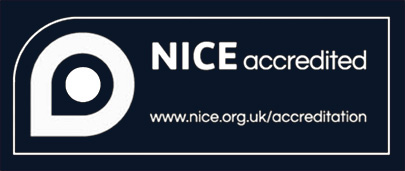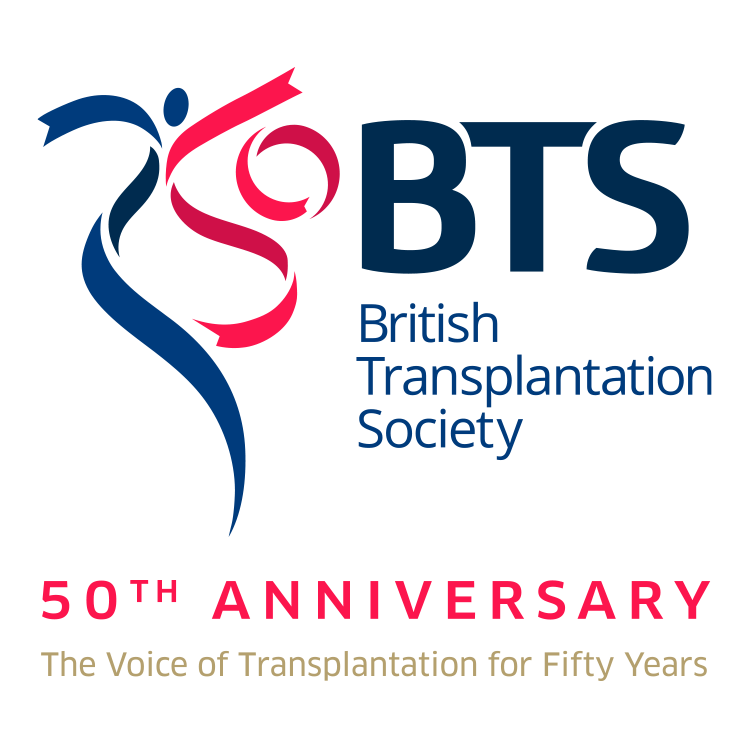Ethics Committee
Overview
The British Transplantation Society Ethics Committee is responsible for considering current ethical issues in transplantation to assist the Society in having an agreed position in these areas. It should also look to identify future issues to enable the Society to develop a defined position before media/public involvement.
Roles and responsibilities
- Consideration of current and future ethical issues in transplantation and production of position statements which reflect the views of the Society and that have been ratified by the Executive or Council
- Review and revise existing position statements on a regular basis
- Horizon scanning of potential ethical issues in transplantation
- Work closely with communication committee, web manager and secretariat
- Organize an Ethics session at the BTS Annual Congress in liaison with the Conference Organizing Committee
Membership
The committee will consist of five elected members (from 2017) elected by the Society in a free ballot. This will be organised by the Civica Election Services to coincide with all the other elections of the BTS. The tenure of membership shall be three years from the next BTS annual congress. Therefore, in every four year cycle, there will be 3 years with one vacant seat for election and one year with 2 seats. Members shall be eligible for re-election for a further 3 year term.
The committee will choose the chair from amongst the elected members by single transferable vote organised by the outgoing chair person at least 6 months before he or she retires. Potential candidates can self nominate for the position. The chair shall have tenure for three years commencing from the date of the next AGM of the BTS at the annual congress. He or she will not be eligible for re-election for a period of three years. Therefore, the committee will have either 4 or 5 members, including the chair, at any one time, depending on the seniority of the chair when he or she was elected.
The committee shall have the power to co-opt up to 2 other members as appropriate from the BTS membership or outside the membership to represent relevant interest and if specialist advice is required. Members may also be co-opted such as to recognise the broad representative balance of specialist interests of the society. If the committee wishes to co-opt more than two other members, this should first be approved by Council.
Members will be required to complete an annual Declaration of Interests
The committee will meet at least three times per year and report on its activities to the Executive and Council of the BTS through the chair. A written report should be produced for each meeting of Council, which should include activity for each of the ‘Roles and Responsibilities’ as listed above. Authorized meeting notes shall be kept in the Members Only area of the website.
These terms of reference shall be reviewed after three years
Ethics
Clinical transplantation is an evolving discipline. Complex ethical and legal questions have arisen alongside advances in transplantation and immunobiology. It is highly likely that further advances will be made and that new techniques in clinical transplantation will be implemented.
The British Transplantation Society is committed to addressing new and emergent ethical and legal issues and understanding the ways in which we might appropriately respond to them. The British Transplantation Society Ethics Committee is responsible for considering current ethical issues in transplantation to assist the Society in having an agreed position in these areas.

![]()






